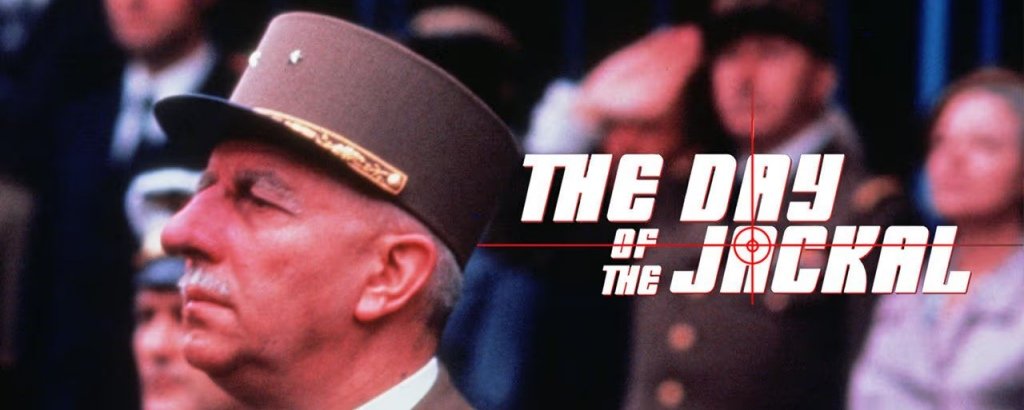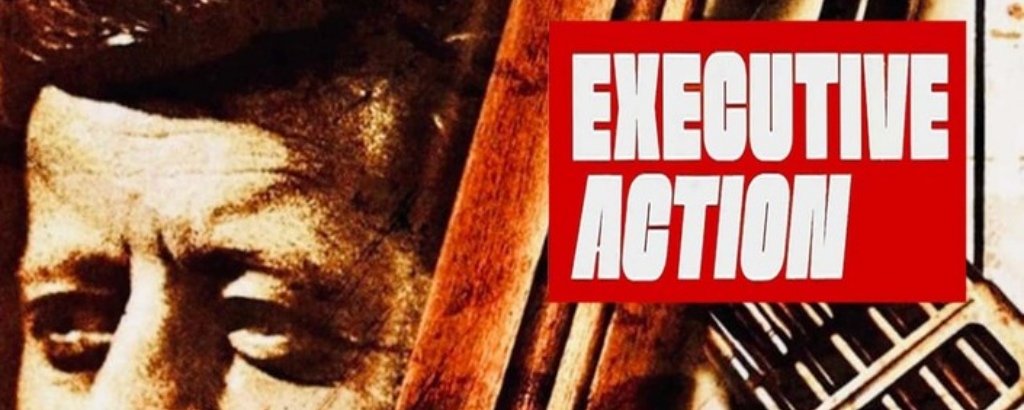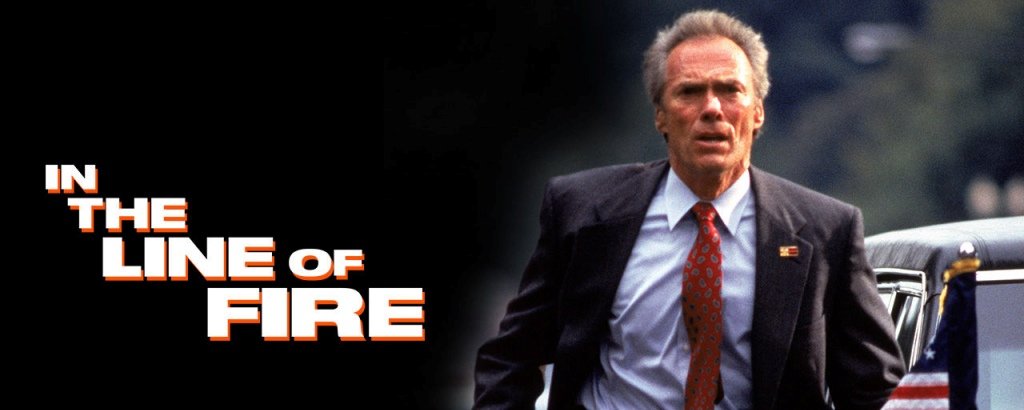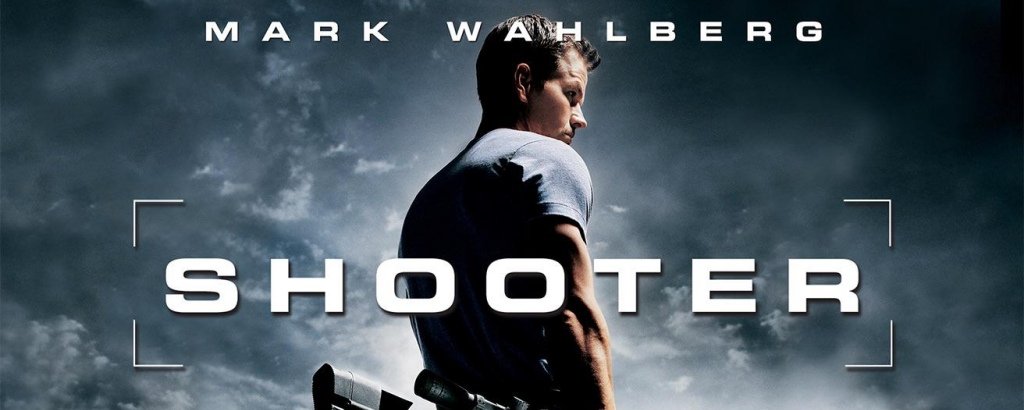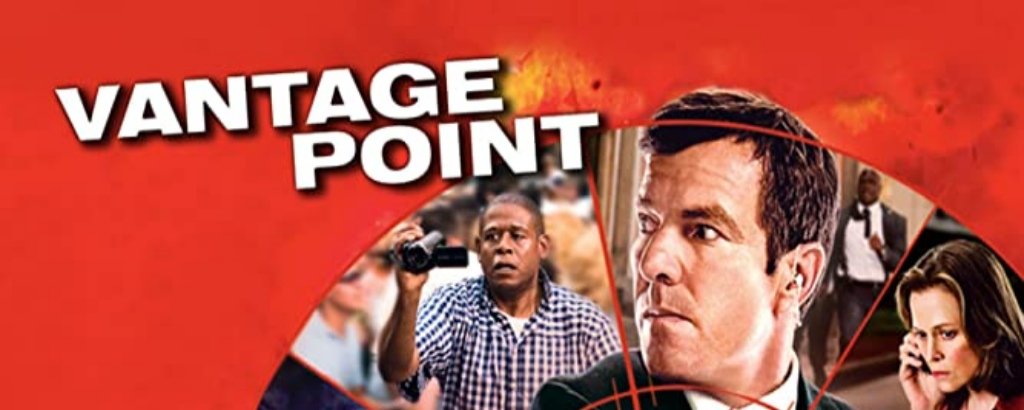Political assassinations have shaped history by targeting leaders to disrupt or redirect political systems. These calculated acts, often driven by ideological, religious, or power-driven motives, aim to destabilize governments, silence opposition, or spark change. From Julius Caesar to modern figures like John F. Kennedy, assassinations reveal the fragility of leadership and the ripple effects on societies. In the 20th century, high-profile cases like JFK’s 1963 killing fueled conspiracy theories, questioning official narratives and eroding public trust. Similarly, the assassinations of Martin Luther King Jr. and Mahatma Gandhi targeted voices of reform, aiming to suppress movements for equality and independence.
Assassinations differ from typical murders due to their strategic intent and public impact. They often involve meticulous planning, as seen in films like The Day of the Jackal or Shooter, which dramatize the precision of hired killers. However, real-world examples, such as the 1981 attempt on Ronald Reagan or the 1995 killing of Yitzhak Rabin, show how such acts can backfire, galvanizing support for the victims’ causes. Modern security measures, like those depicted in In the Line of Fire, highlight the challenges of protecting leaders. Yet, assassinations persist, reflecting deep societal divides and the enduring allure of violence as a tool for political change, often at a profound cost.
Here’s a collection of 5 movies on political assassinations. Although fictional, 2 are based on real life characters who were assassinated: Charles de Gaulle and John F. Kennedy. De Gaulle survived. JFK did not.

